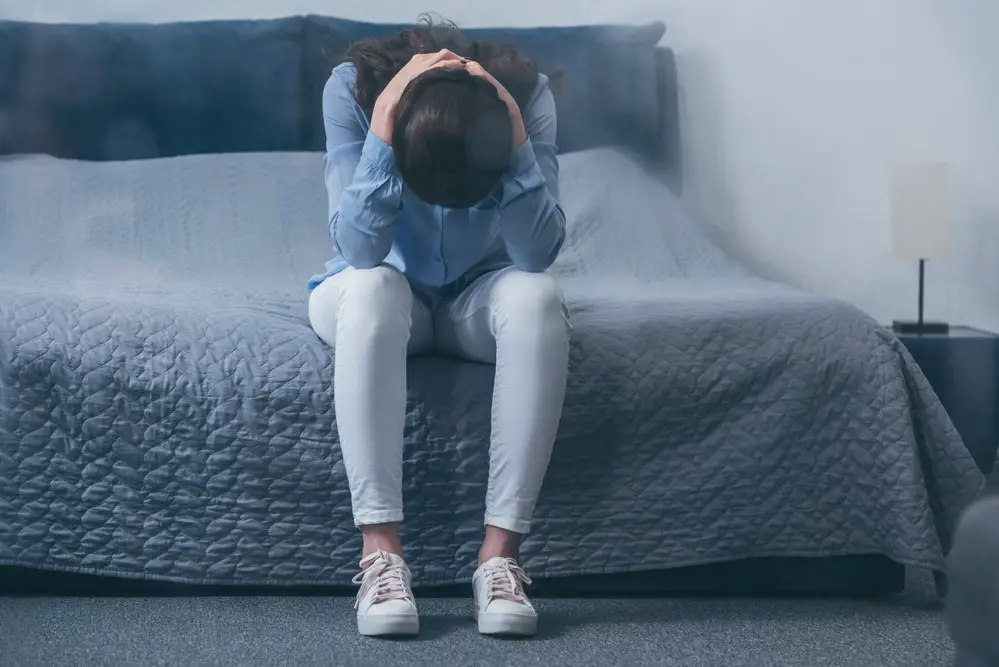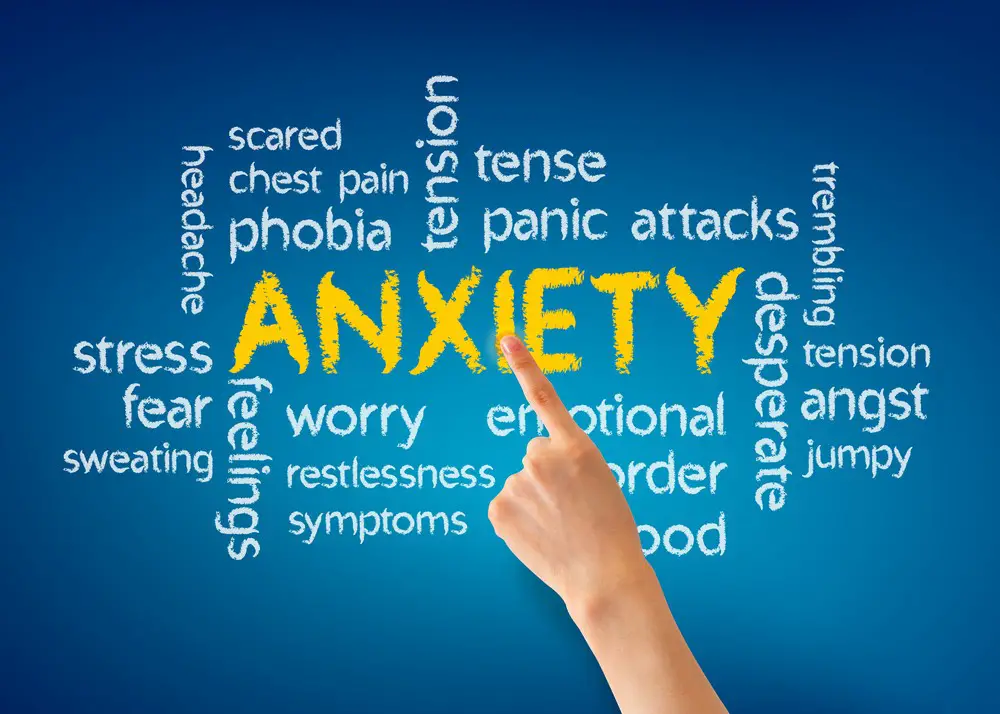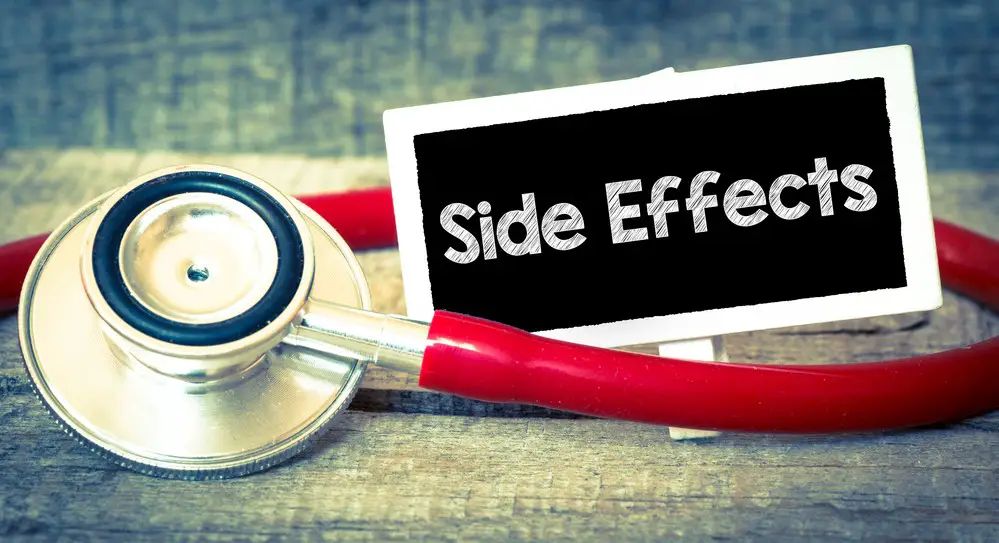As a BetterHelp affiliate, we receive compensation from BetterHelp if you purchase products or services through the links provided
Treatments vary for different disorders and conditions when it comes to Selective Serotonin Reuptake Inhibitors (SSRIs). Understanding the different treatments Zoloft and Lexapro (AKA Cipralex) are used for and their potential side effects is vital in knowing what to expect.
Zoloft and Lexapro are two SSRI medications used to treat depression and anxiety disorders. Zoloft also treats several other disorders, including OCD and panic disorder.
With the basics out of the way, it’s time to take a closer look at each of these medications, how they’re used as part of a treatment plan and their potential side effects.
Zoloft VS Lexapro: How We’ll Compare Them
When comparing two different types of medications, it’s essential to understand several factors, including how the medication is used, how frequently it’s prescribed, how it can help, and any potential side effects.
Cases vary by individual, but in general, Zoloft and Lexapro have a long history of helping people with certain disorders.
Knowing how these medications have traditionally been used can help you or your loved one manage your course of treatment more effectively and understand how to address any potential concerns ahead of time.
What Do SSRIs Do?
Zoloft and Lexapro are SSRIs that can help create a more relaxed state of well-being in the body. The physiological side of some disorders, like depression, is linked with low serotonin levels, among other chemicals.
Selective serotonin reuptake inhibitors prevent the blood from absorbing as much serotonin from the brain, leaving a higher residual amount of serotonin in the brain. In some people, increased serotonin in the brain can relieve feelings of depression.
Remember that SSRIs do not produce more serotonin; instead, they simply help the body better utilize the serotonin it is already producing.

Zoloft
Zoloft is a type of Serotonin-Norepinephrine Reuptake Inhibitor (SNRI) called sertraline that helps the brain retain more serotonin and norepinephrine. Typically, Zoloft is prescribed at 25-50 milligrams once daily.
It usually takes several weeks before the effect of Zoloft is noticeable, and it can be up to 12 weeks before Zoloft will be in full effect. Zoloft is also only used in patients who are 18 or older.
Lexapro
Lexapro (also known as Cipralex), formally known as escitalopram oxalate, comes as an oral tablet or solution and is administered in 5, 10, or 20-milligram doses. The exact amount will be based on the severity of current symptoms, and your doctor may change the amount of Lexapro prescribed depending on the effectiveness of the initial treatment.
Lexapro is approved for people 12 years of age and older. Just as with Zoloft, Lexapro can take several weeks to take effect and several months to feel anything noticeably different.

Treatment
Treatment options vary for patients depending on their age, the severity of their symptoms, and the type of mental health conditions they have. Zoloft and Lexapro are not synonymous; they are each effective at treating different disorders.
Zoloft Treatments
Zoloft is part of a group of prescription drugs used to treat Major Depressive Disorder (MDD), although it is also used to treat a range of other disorders, including the following:
- Obsessive Compulsive Disorder
- Post Traumatic Stress Disorder
- Panic Disorder
- Premenstrual Dysphoric Disorder
As with any type of antidepressant medication, you must consult your doctor about the prospective treatment options and how they may affect you.
Some treatments are better than others, and you should ensure that you describe all your symptoms accurately to know if Zoloft is right for you.
Zoloft has also proven effective and safe in treating OCD for children between 6 and 17 years of age.

Lexapro Treatments
Lexapro is used in various mental health conditions, although it’s important to note that Lexapro is not suited for treating OCD or other panic disorders compared to other SSRIs. Instead, Lexapro is used almost exclusively to treat depression and Generalized Anxiety Disorder (GAD).
Treatments usually last several weeks, after which your doctor will assess any changes and determine if you need a greater, lesser, or equal dose of the medication.
Lexapro isn’t approved for as many disorders as Zoloft, but rest assured, it is FDA approved to treat anxiety and depression.
Adolescents aged 12 and older may also benefit from Lexapro in treating depression. It’s interesting to note that the research is mixed on whether Lexapro or Zoloft is better for treating depression.
Meta-analyses have differed in their results on which one proves to be more effective, which is why it’s essential to talk to your doctor about what to expect from your course of treatment to work out which medication is best for you.

Side Effects
A big part of choosing whether Zoloft or Lexapro is right for you is learning the side effects of each and how they can affect your day-to-day life.
Unfortunately, with SSRIs, the side effects will hit pretty quickly as your body adjusts to the changes, and the positive benefits of the SSRI/SNRI can take weeks to set in.
As always, discuss with your doctor which treatment is proper for you. Depending on the severity of your condition or the origin of your disorder, a doctor may recommend therapy only, a mixture of therapy and medication, or medication.
In their generic forms, both drugs can cause allergic reactions, so if you’re seeking medical advice for prescription medicines, make sure to speak with your healthcare provider.
Zoloft Side Effects
Zoloft has some side effects that can adversely affect your body, so it’s important to recognize them if you’re starting a new course of treatment. Some common side effects of Zoloft include the following:
- Nausea
- Diarrhea
- Difficulty sleeping
- Dry mouth
- Dizziness
- Tiredness
Each of these symptoms occurred in over 12% of patients, with the most common side effects being diarrhea, reported by 20%, and nausea, reported by 26%.
Rarely do patients experience some indigestion and a reduced appetite (less than 8% of patients). What’s quite concerning to some people about Zoloft are sexual dysfunction troubles that can present themselves in some patients.
As with other antidepressant medications, patients may experience ejaculation difficulties (3% of patients) or a reduced sex drive (6% of patients).
Rarely can patients experience the following symptoms, which, if experienced, are grounds to discontinue use after speaking with your doctor:
- Bleeding or bruising
- Seizures
- Lower sodium levels
- Glaucoma
- Manic episodes
- Blurred vision
Lastly, Zoloft comes with a boxed warning, indicating that it may be associated with an increased risk of suicidal thoughts and behaviors in younger patients.
These side effects, while manageable, are still concerning and generally manifest within the first few months of taking an SSRI.
Side Effects of Lexapro
Lexapro generally has fewer drug interactions than Zoloft, making it more suitable for some patients.
Unlike Zoloft, Lexapro doesn’t inhibit particular liver enzymes from breaking down medications in your body much, indicating that you can take Lexapro with some other medications (under supervision, of course). By itself, Lexapro has the following common side effects:
- Diarrhea
- Nausea
- Difficulty sleeping
- Dry mouth
- Decreased appetite
These symptoms occur in about 10% of patients, with the most common symptom being nausea, which occurs in 15% of patients.
Rarely will patients experience indigestion, tiredness, dizziness, and a lesser appetite, although these generally occur in less than 5% of patients.
Unfortunately, Lexapro has an increased risk of sexual difficulties and a reduction in sexual ability, including ejaculation problems occurring in 9% of patients. With that being said, Lexapro does seem to have a slightly better reputation on Drugs.com, with a rating of 7.5 out of 10 compared to Zoloft’s score of 7.2 out of 10.
Regarding SSRIs, Lexapro has one of the best reputations for having fewer adverse effects than other medications. Additionally, the side effects of Lexapro often disappear after a few days.
As with other SSRIs, Lexapro is demonstrated to increase feelings of suicidality in the short-term for younger patients, although the effects of Lexapro are positive in the long run.
If you have any concerns about the health of your child, adolescent, or young adult, converse with your doctor about potential symptoms and whether the use of medication is justified. Additionally, it is best to start with a lower dosage and then increase it.
Withdrawal Symptoms
Lexapro and Zoloft come with the risk of withdrawal symptoms, even in the event of a missed dose. Often, these can be mitigated by reducing the dose once treatment is completed, but withdrawal symptoms may persist for a time, and some require emergency treatment.
To avoid withdrawal symptoms, follow the treatment plan outlined by your healthcare provider.
Zoloft Withdrawal Symptoms
Stopping any SSRI suddenly poses a risk of withdrawal symptoms, so be sure to stick to the treatment plan outlined by your doctor and seek professional medical advice. The following withdrawal symptoms are common with Zoloft:
- Flu-like symptoms
- Dizziness
- Confusion
- Anxiety
- Trouble sleeping
- Headaches
- Agitation
Make sure to contact your doctor if you need to stop taking antidepressants. They will decrease your dosage accordingly to mitigate or prevent these symptoms.
Lexapro Withdrawal Symptoms
Lexapro also has some significant withdrawal symptoms if you stop the medication suddenly. Consult your doctor if you notice any of the following symptoms occurring after stopping Lexapro.
- Anxiety
- Confusion
- Headaches
- Dizziness
- Trouble sleeping
As with any course of treatment, follow the dosage prescribed by your doctor for the best results.
Interactivity with Other Drugs
Drugs interact and can have adverse effects when paired with other drugs. Your additional medication may affect your eligibility for Lexapro and Zoloft.
Zoloft Interactivity
There are many conditions under which you should not take Zoloft. Most importantly, never take Zoloft if you’re currently taking a Monoamine Oxidase Inhibitor (MAOI). Ask your doctor about your medications if you’re unsure whether you’re taking one.
Do not take Zoloft if you’re currently taking another medication with sertraline hydrochloride (Zoloft is sertraline, you’ll recall). These compound side effects are without offering any benefits.
Additionally, you shouldn’t take Zoloft with Orap because combining the two can cause severe heart problems.
Antabuse is another medicine incompatible with the liquid form of Zoloft due to its high alcohol content. Seek medical attention immediately if you experience any of these symptoms:
- High fever
- Muscle spasms
- Extreme stiffness
- Racing heart
- Passing out
- Confusion
Lexapro Interactivity
Like Zoloft, you never want to pair Lexapro, an SSRI, with other SSRIs or monoamine oxidase inhibitors since the compounding effect is highly detrimental to your body and can cause severe symptoms.
You should not take Lexapro if you’re allergic to any of its ingredients, so make sure to list your allergies fully for your doctor to work out a safe course of treatment for you. Just like Zoloft, the antipsychotic Orap is incompatible with Lexapro since it creates a severe risk of heart conditions.
Before taking Lexapro, make sure you inform your doctor if you’re taking any of the following:
- Triptans
- Lithium
- Tricyclic
- Antidepressants
- SSRIs
- Amphetamines
- Antipsychotics
- Tramadol
- Tryptophan
In general, when you visit the doctor with the intent of looking into taking an SSRI/SNRI, make sure to list your current medications, allergies, and health history so that your doctor can work with you to create a treatment plan that’s right for you.
Who Can Take Zoloft and Lexapro?
SSRI medications come with some degree of risk and are not suited for everyone, so it’s essential to consider your health history and consult your doctor to ensure you’re eligible to take them.
Generally speaking, the following conditions may exclude you from being able to take Zoloft or Lexapro:
- Liver problems
- Kidney issues
- Heart conditions
- Seizures
- Bipolar disorder or mania
- Low sodium levels
- History of strokes
- High blood pressure
- Bleeding problems
- Pregnancy or plans to be pregnant
These conditions may pose an additional risk to you that may cause your doctor to consider other treatment options.
You can rest assured, however, that if a mental health professional prescribes you Zoloft or Lexapro, it’s because the potential benefit of the medication outweighs the potential risk.
Always ask your doctor what treatment options are available so you can take personal autonomy over your health and make an informed decision about your or your loved one’s treatment plan.

The Breakdown
Here’s a breakdown of Zoloft and Lexapro to give you the gist of their use.
| Zoloft | Lexapro | |
| Use | Post Traumatic Stress Disorder, Obsessive-Compulsive Disorder, Depression, Panic Disorder, Social Anxiety Disorder, Premenstrual Dysphoric Disorder | Depression, Generalized Anxiety Disorder |
| Side Effects | Nausea, Diarrhea, Trouble Sleeping, Dry Mouth, Sexual Difficulties, Tiredness, Dizziness, Weight Gain | Drowsiness, Dizziness, Nausea, Upset Stomach, Constipation, Sexual Difficulties, Weight Gain |
| Interactivity | MAOIs, Other SSRIs | MAOIs, Other SSRIs |
Conclusion
Lexapro and Zoloft can be used in treating psychiatric disorders, and both have shown effectiveness in treating children younger than 18. Lexapro treats generalized anxiety disorder and depression, while Zoloft is used for various disorders, including panic disorder, major depressive disorder, and premenstrual dysphoric disorder.
Depending on your mental health condition, your healthcare provider may choose between Lexapro vs Zoloft in tablet and liquid forms. Starting Lexapro or Zoloft can be difficult, especially for young adults who may experience suicidal thinking. However, compared to other drugs and drug costs, Zoloft and Lexapro are valuable tools in treating many disorders.


- Stress Management: What is the Relationship Between Stress and Addiction? - June 28, 2024
- Exploring Techniques to Maintain a Healthy Lifestyle without Drugs - May 28, 2024
- How Acupuncture Helps Treat Chronic Fatigue Syndrome - May 28, 2024
This site contains affiliate links to products. We will receive a commission for purchases made through these links.




